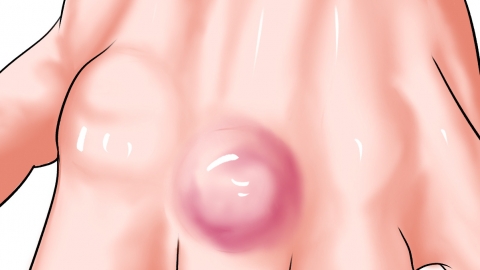How is rheumatoid arthritis treated?
Generally, arthritic rheumatism may be caused by genetic factors, environmental factors, rheumatic fever, rheumatoid arthritis, osteoarthritis, and other reasons. General treatment and drug therapy can be used to improve the condition. It is important to seek medical attention promptly and follow medical advice for treatment. Specific details are as follows:

1. Genetic factors: The presence of certain genes may make individuals more susceptible to developing joint rheumatism. These genes may affect the structure of joint tissues and the function of immune cells, leading to inherent weaknesses or abnormalities in joint cartilage, synovial membranes, and other tissues, making them more prone to disease when stimulated by external factors. It is recommended to maintain a balanced diet, engage in moderate exercise to enhance immunity, and avoid excessive fatigue and mental stress.
2. Environmental factors: Prolonged exposure to cold and humid environments can affect local blood circulation in the joints, causing vasoconstriction and slowing blood flow. This can prevent metabolic waste from being removed promptly and lead to insufficient supply of nutrients to joint tissues, resulting in arthritic rheumatism. Avoid prolonged exposure to cold and damp environments and keep the joints warm.
3. Rheumatic fever: Rheumatic fever is an autoimmune disease triggered by infection with group A beta-hemolytic streptococcus. This bacterium commonly resides in the oral cavity and may spread through the air. After infection, the human immune system mounts an immune response but may mistakenly target joint tissues for attack, causing joint inflammation accompanied by fever. Anti-inflammatory medications such as amoxicillin capsules, ampicillin capsules, and roxithromycin tablets may be used as directed by a physician.
4. Rheumatoid arthritis: Rheumatoid arthritis is a chronic autoimmune disease. When the body's immune system attacks its own normal tissues, it may lead to rheumatoid arthritis, causing persistent joint pain. Medications such as ibuprofen sustained-release capsules, loxoprofen sodium dispersible tablets, and acetaminophen tablets may be taken as directed by a physician to relieve fever and pain.
5. Osteoarthritis: Osteoarthritis is a chronic joint disease caused by degenerative changes in joint cartilage and secondary bone proliferation. Long-term strain, trauma, and other factors may cause joint cartilage to wear, thin, or even detach, triggering joint inflammation and pain, resulting in joint stiffness. Pain-relieving and blood circulation-improving medications such as diclofenac sodium sustained-release tablets, celecoxib capsules, and Xue Zhi Tong膏 (blood-stopping pain ointment) may be used under the guidance of a physician.
During treatment, it is important to follow medical instructions, take medications on time, and adjust lifestyle and dietary habits to promote recovery.








